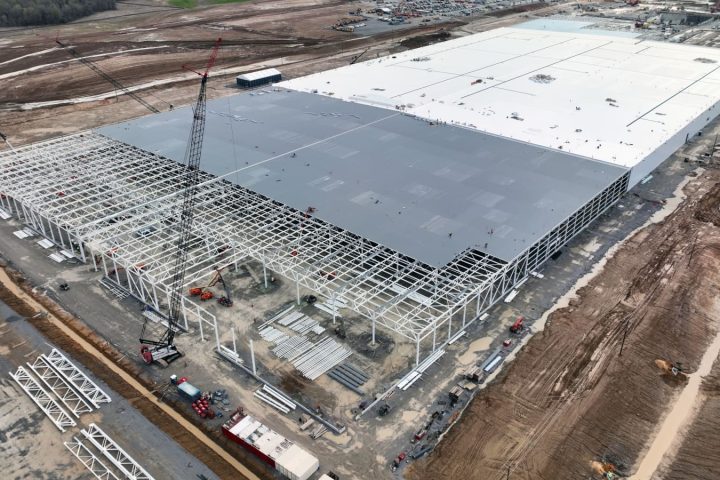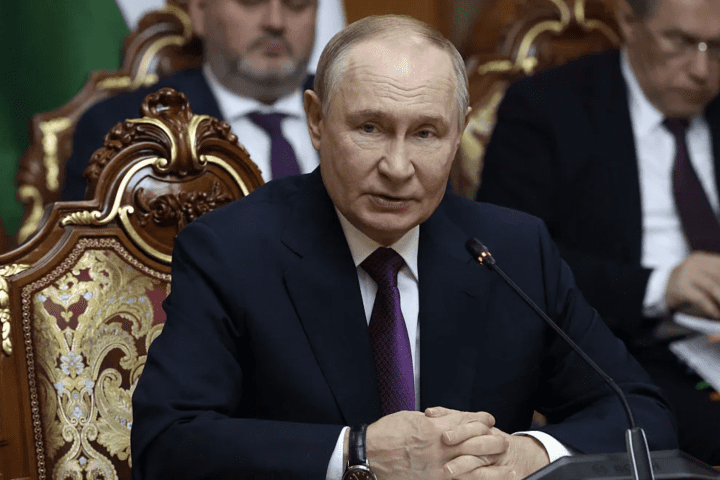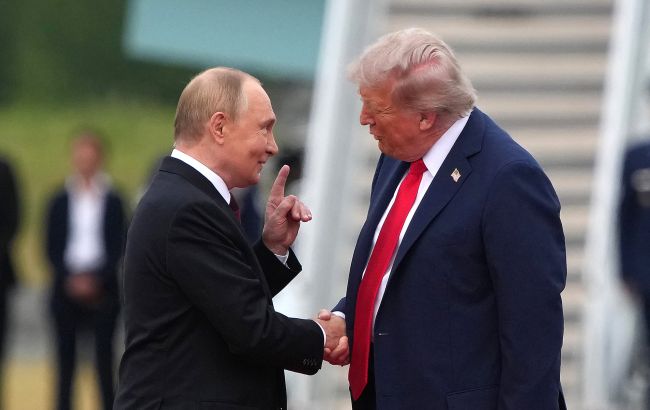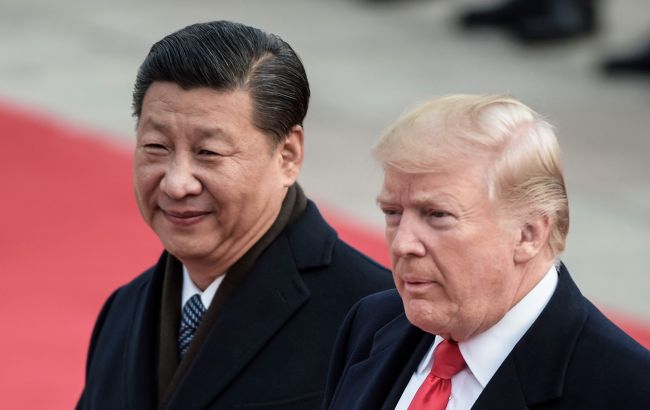Donald Trump raises tariffs on Chinese imports to 100% and imposes export restrictions on critical software after China moves to control rare earth materials.
Trump responds to Beijing: 100% tariff on Chinese imports and new export restrictions
US President Donald Trump announced a 100% tariff on all Chinese goods, as well as the introduction of export controls on critical software, in response to Beijing’s decision to restrict exports of rare earth elements needed for the production of electronics, cars and military equipment.
“Starting November 1, 2025 (or earlier if China takes new steps), the United States will impose a 100% tariff on all Chinese imports,” Trump said in Truth Social.
The move was the sharpest escalation between Washington and Beijing in months, throwing into doubt the leaders’ meeting at the APEC summit in South Korea in late October.
Markets react by falling
The news of the tariffs sent stock markets tumbling. The S&P 500 index fell more than 2%, its biggest one-day drop since April. Investors fled to gold and U.S. Treasuries, while the dollar weakened against major currencies.
“This could be the end of the tariff truce,” said Craig Singleton, an analyst at the Foundation for Defense of Democracies. “Washington saw China’s actions as a betrayal, and it appears Beijing has outdone itself.”
Beijing’s “hostile order”
Trump called China’s actions a “hostile order,” accusing Beijing of trying to “hold the global economy hostage.” He said he was forced to “financially counter their move.”
“For every element they monopolized, we have two,” the president emphasized.
According to experts, the White House is preparing additional sanctions against Chinese airlines, technology companies and semiconductor manufacturers.
China expands control over rare earth materials
On Thursday, the Chinese Ministry of Commerce announced the expansion of control to five new rare earth elements and dozens of technologies for their processing.
Even foreign companies that use Chinese materials or equipment have been affected – now they must also obtain permission from Beijing.
China produces more than 90% of the world’s rare earth metals – key for electric cars, smartphones, aircraft engines and radar.
Political subtext and new strategy
Trump’s tariff attack is part of a tough pre-election strategy on the eve of a meeting with Xi Jinping. According to CSIS analysts, China believes it can weather the economic storm better than the United States and has no plans to give in.
However, the increase in tariffs and new restrictions on software could hit American manufacturers that depend on Chinese components.
Implications for the global economy
If 100% tariffs come into effect, it could disrupt supply chains for electronics, cars and military equipment, as well as raise inflation in the United States.
Analysts warn: the trade truce is officially over, and a new wave of global instability is only a matter of time.
Related: Trump started a trade war with China and disrupted a meeting with Xi Jinping over “unusual emails”












